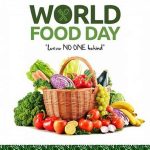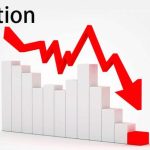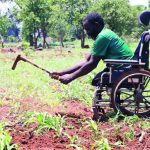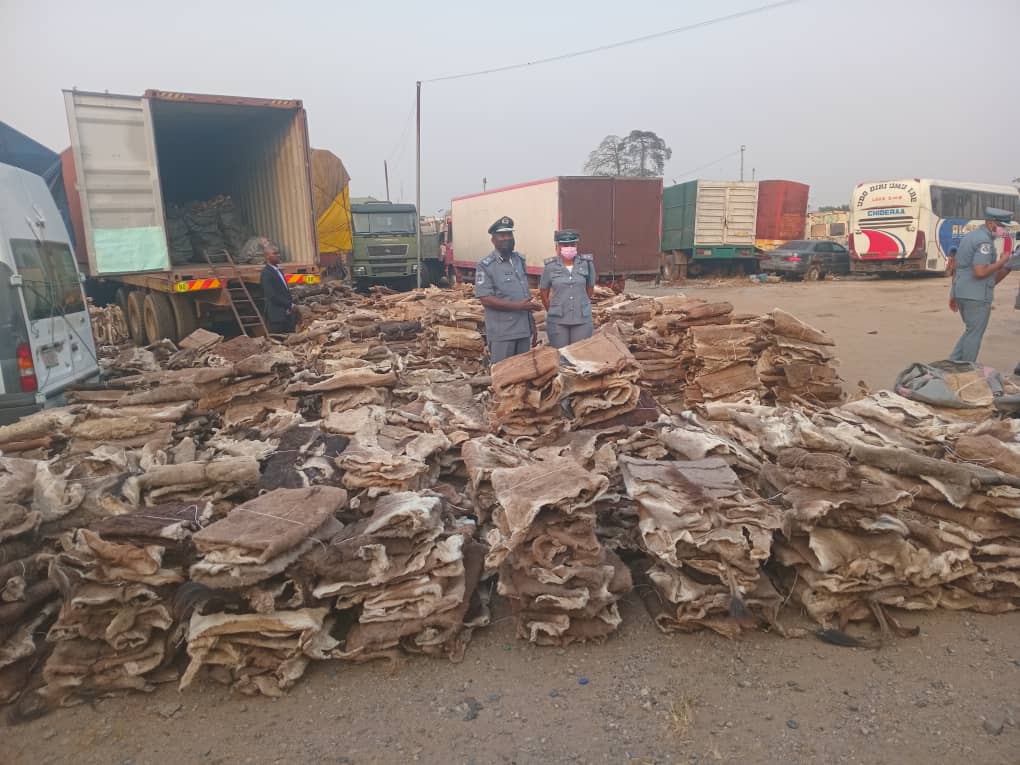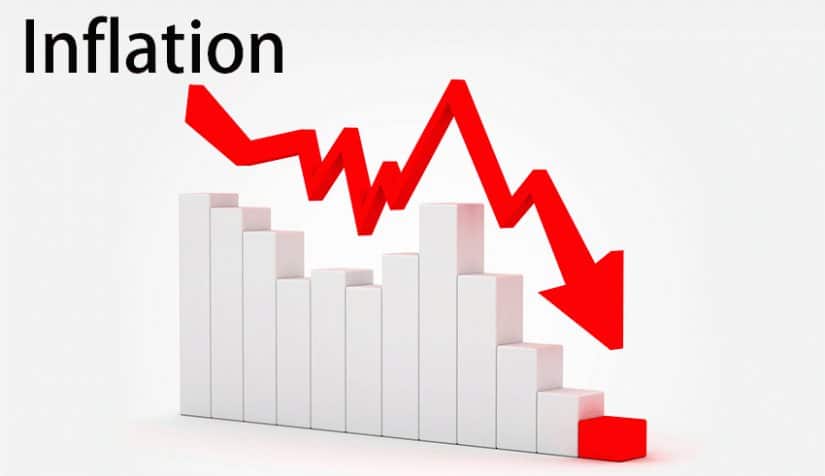No matter the efforts made by farmers the prices of food will continue to rise, except the government takes cognisance of, and address, certain critical issues. This is the opinion of some experts who spoke on the rising cost of food prices and the attendant effects on the people. First, they said that the government should come to the realisation that in Nigeria there is a phenomenal growth in population, which indicates that people would demand for more food than had been the case in the past. They also said that farmers are not able to meet local demands because they are hampered by certain factors, which include insecurity, environmental issues and high cost of farm inputs.
The experts spoke in separate interviews with the News Agency of Nigeria (NAN) in Lagos. They were reacting to the recent report by the National Bureau of Statistics (NBS), which in its June food inflation index report showed that inflationary trend in food was yet to abate.
The NBS said that Nigeria’s headline inflation rate increased to 34.19 per cent in June 2024. According to the agency, the figure is 0.24 per cent points higher than the 33.95 per cent recorded the previous month. It said the food inflation on a year-on-year basis was highest in Edo state with 47.34 per cent, while Nasarawa was the lowest with 34.31 per cent.
Mr. Akin Alabi, an agriculture expert and co-founder Corporate Farmers International, however, said the food inflation was not peculiar to Nigeria, indicating that other countries are also experiencing food insecurity due to factors that are internal, in which case peculiar to the local environment, and external. In Nigeria, according to him, the production rate of food was on the decline due to insecurity, population growth and the high cost of farm inputs. He said, “The demand for food is growing on a daily basis because of population growth”, which, he said, would necessitate an increase in the demand for food. That raises another crisis for the citizens. Hear him: “However, the problem we have in Nigeria is that the production rate of food is on a decline.
“This decline is caused by the cost of farm inputs, which is really high. Inputs are the core of food production and once we cannot get it right every factor will fail.” He then advocated that the government should consider subsidising the cost of farm inputs. What that means is that Mr. Alabi believes that the government, at all levels, have not done enough to give support to farmers, despite the reports about distribution of farm inputs said to have been increased since last year by the current administration in Nigeria.
Beyond the subsidy in farm inputs, he also wants the government to address the issue of insecurity in the country to enable farmers to return to their farms. He believes that “Food can be surplus when we do this and also ensure security for local farmers. When we do this, food inflation will come down and all other indexes too.” Mr. Alabi asked for more. He said, “We must also provide adequate logistics and transportation for local farmers to transport their produce at ease.” This is said to be one of the major factors that has contributed to the rise in food prices, as the cost of transporting food items from the food producing belts has risen astronomically due to the removal of subsidy in petroleum products in Nigeria. Now, in the absence of an efficient rail transportation, farmers have to use the road for movement of goods. Meanwhile, the parlous state of most of the roads also contribute to the pains of the farmers who also have to contend with non-state actors who demand unofficial taxes before they could arrive the markets.
Mr. Alabi, however, said that should the government tackle these factors adequately, the problem would have been solved, and the people would be relieved. He said, “If we cannot get any of these (factors) right, food inflation will keep increasing.”
He is not the only one who is concerned about the prevailing food crisis in the country. Mr. Emmanuel Emechete, a climate change advocate, who agrees with Mr. Alabi on the factor of insecurity, also believes that attention must be paid to climate change issues for Nigeria to address the growing food inflation rates.
He said, “There are environmental and socio-economic drivers of food inflation, these are factors that influence the food crisis trend.
“Foremost is insecurity and agricultural disruption, … affecting both production and distribution of food.
“Also, climate change contributes to the food inflation rise, unusual weather patterns, prolonged droughts, and flooding, have severely affected crop yields.
“It has subsequently reduced the rate of food production, leading to scarcity and higher prices.”
Mr. Segun Adebayo, agriculture expert, is of the opinion that after all the factors have been tackled, the government would need to pay attention to effective implementation of its agricultural policies. He said, “We also need to see the impact of the presidency’s measures to address food inflation in the country.
“The removal of import duties from some food items will also help alleviate this rising food inflation index.”
While he hails the government for giving palliatives to the people through the states, he does not think that this would solve the problem of food security, as he said, “We heard that the government is giving 20 trucks of rice to each state to alleviate the food inflation issues. It is a welcome idea but it is not sustainable.
“The distribution should, however, get to the right people, we hope this will also reduce price increase.”
Mr. Adebayo believes that the idea of removal of tariffs on food items would be counterproductive in the long term. As far as he is concerned, “(The importation of food policy) is an ill thought measure and will put a lot of strain on our foreign exchange.
“We also need to consider the safety part of these food imports, so as not to open the country to unhealthy foods.”


